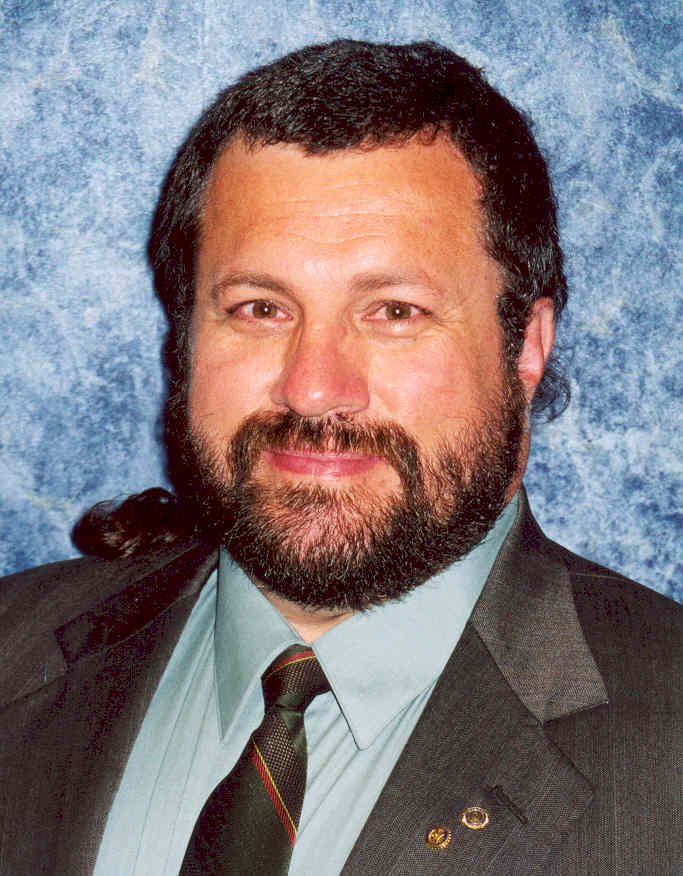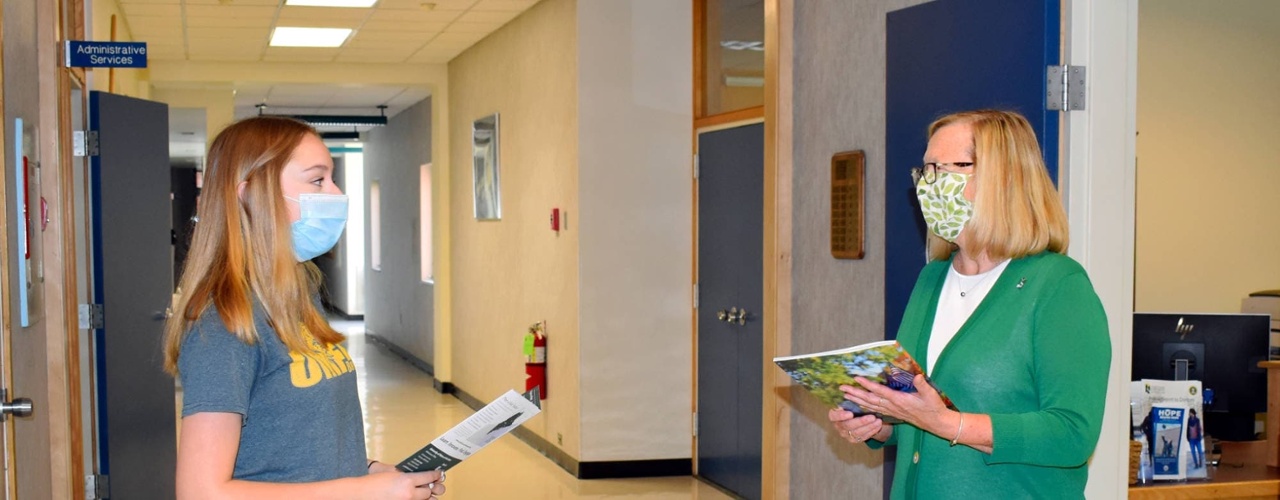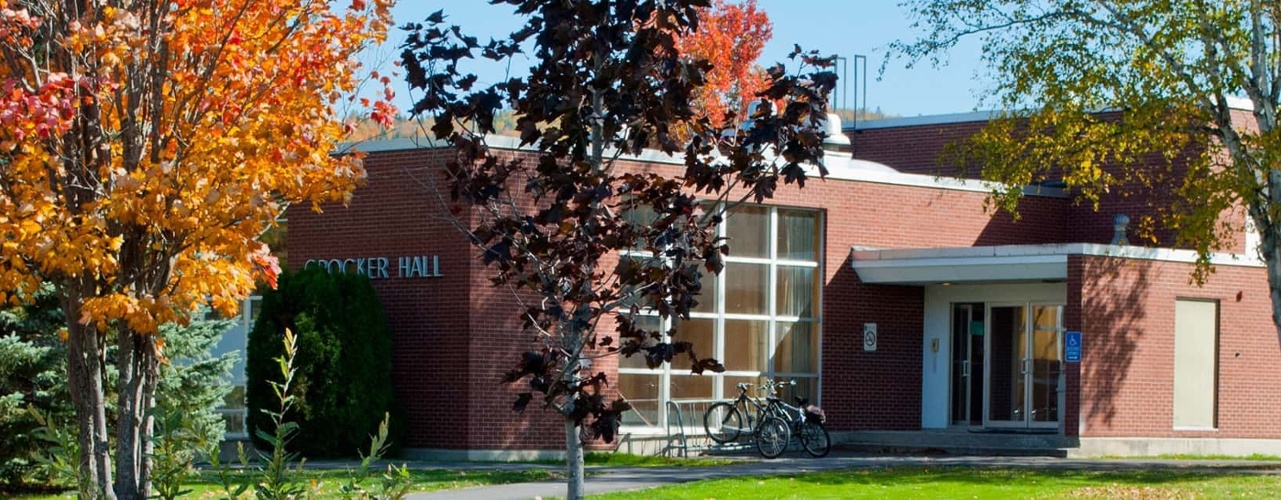
Latest News
UMFK'S GAUVIN PRESENTS AT COMMUNITY DEVELOPMENT SOCIETY CONFERENCE IN CHARLESTON, SOUTH CAROLINA
August 8, 2013
Note: this is an archived news release. As such, the information provided may no longer apply.
NR13055

University of Maine at Fort Kent Associate Professor of Electronic Commerce, Anthony Gauvin, recently attended and presented at the annual meeting and conference of the Community Development Society in Charleston, South Carolina.
Gauvin's presentation was entitled Impacts of local Tax Increment Financing on Rural Economic Development for a Rural Regional Service Community: A Case Study from Fort Kent, Maine. The abstract for Professor Gauvin's presentation was:
While tax increment financing (TIF) is a tool normally employed for urban economic development, the rural regional service community of Fort Kent, Maine has been using revenue generated from TIFs to rebuild critical infrastructure destroyed in a major flood and build new infrastructure to spark new economic development projects.
Recently, Fort Kent suffered two large fires that destroyed significant portions of Fort Kent's historical downtown retail area. The fires destroyed five large buildings and damaged several others on Main Street. The buildings lost housed eight retail establishments and fifteen apartments, including the town largest and oldest furniture store and an historic automotive dealership. Of the eight businesses, four ceased operations, two relocated outside of town's retail district and two were able to move to other locations nearby.
The loss of the buildings and businesses had a severe impact on property tax revenue, which affected the community's ability to provide necessary services and required an increase in property taxes for all residents.
To fund a much-needed downtown revitalization effort, the Town of Fort Kent has proposed a TIF district that will encompass its entire downtown area. The size of this TIF could represent as much as a 2-5% segmentation of the entire property valuation of the community, thereby reducing the community's obligation to support regional funding efforts.
Increased property valuations in a TIF district are not considered in funding formulas for regional services. This allows the community of Fort Kent to use the increased property tax revenue from new development in the newly defined TIF district to support further economic development efforts in the TIF district. The economic gain for Fort Kent, however, would be at the expense of outlying communities who will have to contribute more of their property tax revenues to the regional service funding efforts.
While in Charleston, Professor Gauvin attended the Society's Board of Directors annual meeting; the Journal Editorial Board meeting; the Finance Committee meeting; and the Communications Committee meeting. He also moderated three panel discussions at the conference and served as a judge for conference poster submissions.
The mission of The Community Development Society is to further community work through teaching, practice, and research. CDS provides those who do community work with best practices, networking opportunities, tools, and other resources.





